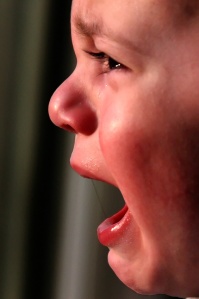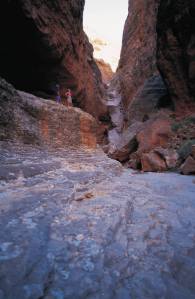 Moses got up, accompanied by Joshua his aide. And Moses climbed up the mountain of God. Ex 24;12-13 The Message
Moses got up, accompanied by Joshua his aide. And Moses climbed up the mountain of God. Ex 24;12-13 The MessageIt seems I've tried to live healthier most of my adult life. I've gone through spurts of dieting, exercising to improve my physical health, and spurts of intense daily Bible study/Prayer to improve my spiritual health. Usually, I've been able to keep up with these regimens with for a while. But ultimately, I get frustrated or busy and end up quitting. Then I have to get motivated again before plunging back into the battle for my spiritual and physical health.
During the winter of 1996-1997, we lived in northern NY where the winters seemed especially long and gloomy. When we moved there, I left my counselor and emotional support system behind that had sustained me during the beginning of my healing journey. After the move, I felt lost, like I was floundering and I wasn't sure what to do to regain my spiritual equilibrium.
That January, I prayed about making resolutions for the year. Of course, my spiritual life and physical health topped the list. I committed to a daily regimen of praying and scripture reading, but because of the snow and extreme chill weather-wise, I really couldn't walk outdoors to take care of my physical body. As I prayed, I felt a nudging by God's Spirit to walk indoors - after all, the church we pastored was right next door and the sanctuary was large enough to easily walk a mile by going around inside several times. It was a perfect place to commit to both the physical and spiritual regimen I needed.
So I got up early in the morning, went next door, put on some worship music and walked. It didn't take long to realize that as I walked and praised the Lord, he was right there walking with me. I found I could talk to the Lord about anything, honestly and openly. And he would answer me.
For me it had become an invitation to intimacy, to "climb higher up the mountain," as I walked and talked with the Lord each day. The hour spent walking, praying and praising each day soon became my favorite time of day.
I wish I could say that those lifestyle changes became a permanent part of my life. But like Moses, I eventually returned down the mountain to "real life." As spring rolled around, life got busier and more things claimed my time and attention each day. Physical exercise took on a different form as it moved outdoors to include gardening and walking the dog. My spiritual exercise became a shorter morning devotional reading and prayer time.
But the lessons I learned about worship and intimacy with God during that wintertime walk stayed with me. It was there in the quiet sanctuary, walking and talking with him that I heard the beating of God's heart. He became more real than he had ever been and I learned to know his ways like Moses, rather than just knowing him for his acts like the people of Israel did. I am so thankful for his intimate healing touch in my heart.
Committing ourselves to obedience, allowing God to do what he needs to do for us in this healing process ultimately leads to an invitation to intimacy - an invitation to "come up higher" where we can know God for who he is, not just what he does.
I'd love to hear how you have experienced this in your healing process.
Have a blessed day!















